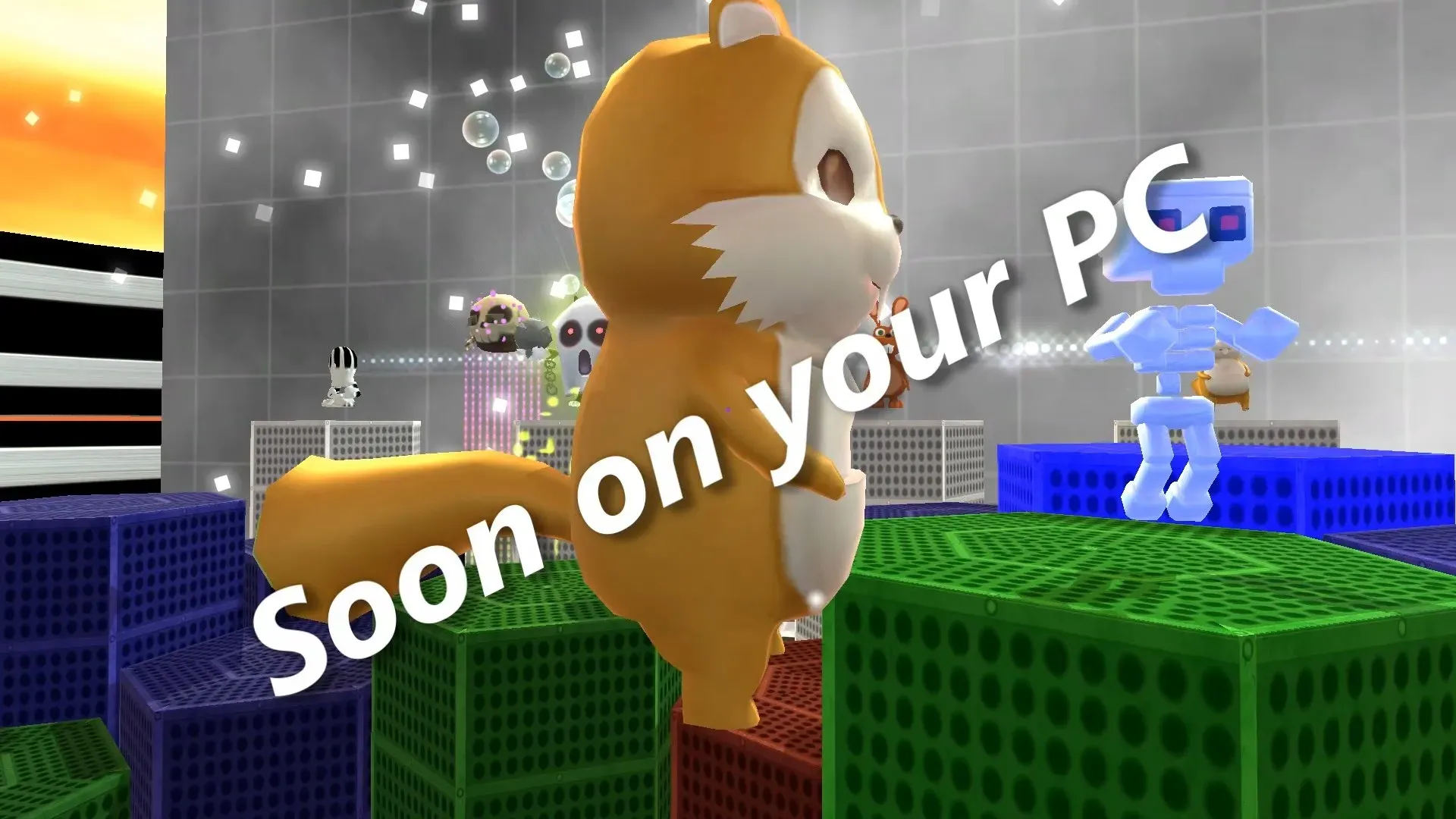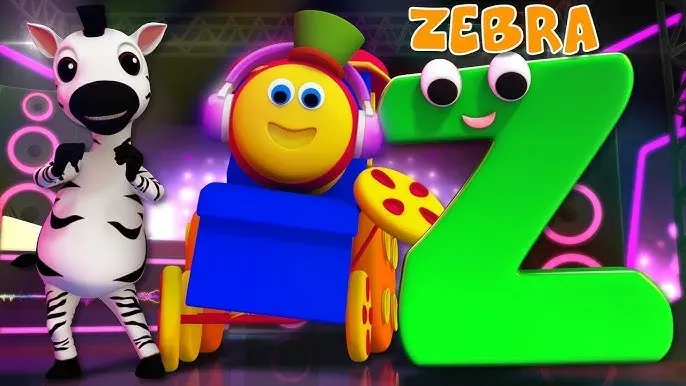Table of Contents
Ever heard the term "z bob" floating around and felt like you missed the memo? You're not alone. It pops up sometimes, in conversations or online corners, often without much context, leaving most people scratching their heads. Is it a technical term? A piece of jargon? Maybe just something someone made up? The ambiguity surrounding z bob is arguably its most defining characteristic right now. This isn't some ancient mystery or a complex scientific principle; it's something far more... elusive. Before you spend hours digging through forums or asking friends who are just as clueless, let's cut through the fog. This article aims to tackle the fundamental question: what exactly is z bob? We'll try to trace where it might have come from, explore how it's supposedly used (if at all), and figure out why anyone should even care about z bob in the first place. Prepare for a dive into the slightly murky world of a term that means... well, let's find out.
Understanding the Mystery: What is z bob?

Understanding the Mystery: What is z bob?
The Elusive Definition of Z Bob
Right out of the gate, let's be blunt: pinning down a single, universally accepted definition for z bob is tricky. It’s not like defining a chair or the capital of France. Think of it more like trying to describe smoke – you see it, you know it’s there, but grabbing onto it is another matter entirely. The term z bob doesn't have a formal entry in standard dictionaries, nor is it a recognized scientific or technical term in any major field I could find. Its usage seems sporadic, appearing in niche contexts or perhaps as informal slang that hasn't broken into the mainstream. This lack of a clear origin or consistent application is precisely what makes understanding z bob such a peculiar task.
Common (and Uncommon) Interpretations
Despite the fog, people do use the term z bob, and when they do, it usually falls into a few potential buckets. Sometimes it seems to refer to a placeholder name for something undefined or unknown, like saying "thingamajig" or "widget." Other times, it might pop up in very specific, insular communities – online forums, particular industries, or even just among a small group of people – where it might have a meaning known only to them. It could even be a typo that gained unexpected traction. Without a central authority or widespread adoption, the meaning of z bob is left open to interpretation, often changing depending on who is using it and where they are using it.
- A placeholder term for something unknown.
- Niche jargon within a specific group.
- Possibly a mistranslation or typo.
- A term lacking a fixed or formal meaning.
- Something people ask about online when they hear it.
Tracing the Origins of z bob

Tracing the Origins of z bob
The Trail Goes Cold
Alright, so you're trying to figure out where "z bob" came from? Welcome to the club. It's like being handed a single, faded photograph and told to reconstruct the entire family history. My own digging for the source of z bob has been less of a treasure hunt and more of a wild goose chase through the digital ether. There’s no definitive historical document, no founding father of z bob, no moment in time where someone stood up and declared, "Let there be z bob!" It simply seems to appear, already existing, in various obscure corners. This makes tracing its lineage incredibly difficult, bordering on impossible with current information.
Whispers and Theories
If you push for potential origins of z bob, you mostly get speculation. Could it be a simple typo that stuck? Imagine someone meant to type something else, hit a wrong key, and "z bob" appeared, then got copied. Maybe it originated in a very specific, small online community, like a gaming forum or a niche hobby group, where it developed an inside meaning. It might even be a phonetic corruption of another word or phrase that sounded similar. Without a clear starting point, all we have are these scattered possibilities, none of which offer concrete proof.
- Could it stem from a simple typing error?
- Did it begin as jargon in a small, specific group?
- Is it a sound-alike to another phrase?
- Does its origin even matter if it lacks widespread meaning?
An Origin Story Yet Untold
The reality is, the origin story of z bob remains largely unwritten. It doesn't have a Wikipedia page detailing its etymology, nor is it discussed in academic papers. It exists in a linguistic grey zone. Perhaps its appeal, if you can call it that, lies precisely in this ambiguity – it's a blank slate, a term that can momentarily fill a gap when a more precise word isn't available or known. Until someone steps forward with compelling evidence or a credible account, the beginnings of z bob will likely stay shrouded in mystery, much like the term itself.
Putting z bob to Use: Practical Applications (or lack thereof)

Putting z bob to Use: Practical Applications (or lack thereof)
Trying to Apply the Un-Applicable
Given how slippery the definition of z bob is, trying to find practical ways to use it is like trying to nail jelly to a wall. Seriously, picture it. In most everyday or professional contexts, using "z bob" would likely result in blank stares or polite confusion. Imagine asking your mechanic, "Could you check the z bob on my engine?" or telling your boss, "The quarterly report needs more z bob." It just doesn't fit. Because the term lacks any agreed-upon meaning or connection to a tangible concept, object, or process, it serves no functional purpose in clear communication. Its primary "application" seems to be highlighting a lack of information or acting as a linguistic shrug.
Where You Might Bump into "Z Bob" (Hypothetically)
so maybe "practical application" is too strong a phrase. Let's think about where you might actually encounter or perhaps even *use* z bob without sounding completely nonsensical. As mentioned before, its most likely habitat is in niche online communities or informal settings where an inside joke or a placeholder term is needed. Think about troubleshooting a weird computer glitch on a forum; someone might say, "Yeah, sounds like a z bob issue." Or maybe a group of friends uses it to refer to that one thing they can never remember the name of. It's in these highly specific, low-stakes environments that z bob finds its limited utility, primarily as shorthand for the undefined or the obscure, a linguistic wild card you throw out when precision isn't possible or necessary.
So, what scenarios might justify uttering "z bob"?
- When you genuinely don't know the correct term for something obscure.
- As an inside joke within a small group.
- Placeholder during brainstorming when a specific name isn't decided.
- In technical discussions where a component is unknown or unnamed.
The Real Impact: Why Does z bob Matter?

The Real Impact: Why Does z bob Matter?
More Than Just a Placeholder?
so we've established that z bob isn't curing diseases or revolutionizing quantum physics. Its practical applications are, shall we say, limited. So why even dedicate words to it? The real impact of a term like z bob isn't in its definition, but in its existence. It acts as a tiny, often unintentional, marker in the linguistic landscape. Its appearance can signal that you've stumbled into a niche community with its own lingo, or perhaps a conversation where someone is genuinely grasping for the right word. It highlights the fluid, ever-changing nature of language, how new terms (or non-terms) can spontaneously appear, even if they don't stick around or gain widespread acceptance. Thinking about z bob forces you to consider how meaning is made (or *not* made) and shared.
The Power of the Undefined
The curious persistence of terms like z bob, however obscure, reveals something about human communication. When faced with the unknown or the unnamed, people often create linguistic placeholders. It's a way to acknowledge a concept or object exists, even if you can't label it precisely. This isn't unique to z bob; think of all the slang terms that start within small groups before either dying out or exploding into the mainstream. The fact that someone uses or searches for "z bob" indicates a gap in understanding or a specific, perhaps niche, piece of information they're trying to grasp. It matters because it's a tiny window into how we navigate linguistic uncertainty and the constant, messy evolution of how we talk to each other.
What Z Bob's Existence Shows Us | Why It's Not a Big Deal (Yet) |
|---|---|
Language is constantly evolving. | It lacks a universal definition. |
People create placeholders for the unknown. | It has no widespread practical use. |
Highlights niche communities and jargon. | Its origin is unclear and likely insignificant. |
Looking Ahead: The Future of z bob

Looking Ahead: The Future of z bob
Will Z Bob Stick Around?
So, what's next for z bob? Honestly, probably not much. Given its current status as a term without a clear definition, widespread use, or a dedicated community pushing it forward, the most likely future for z bob is continued obscurity. It might pop up occasionally in those niche corners we talked about, maybe as an inside joke or a quick-and-dirty placeholder, but it's unlikely to break into mainstream language or become a recognized concept. Think of all the internet slang, obscure memes, or technical jargon that never makes it out of its specific bubble. Z bob seems destined for that same fate, a linguistic footnote that few will ever encounter, and even fewer will understand if they do. Its future isn't about growth or adoption; it's about whether it even manages to persist in its current undefined state.
The Lingering Question of Z Bob
So, after digging around, it seems the definitive answer to "what is z bob?" remains somewhat out of reach. We've explored potential origins and looked for practical applications, but concrete, widespread usage or a universally agreed-upon definition is hard to pin down. Perhaps z bob is less a specific concept or object and more of a placeholder, a term used in niche contexts or even just a linguistic anomaly that hasn't quite found its footing. The fact that a term can exist and generate curiosity without a clear referent is, in itself, a curious phenomenon. While z bob might not be the next groundbreaking invention or a critical piece of everyday language, its mere presence in the digital ether serves as a reminder that not every phrase needs a grand purpose or a clear history to spark a conversation, even if that conversation is mostly about its own mystery.